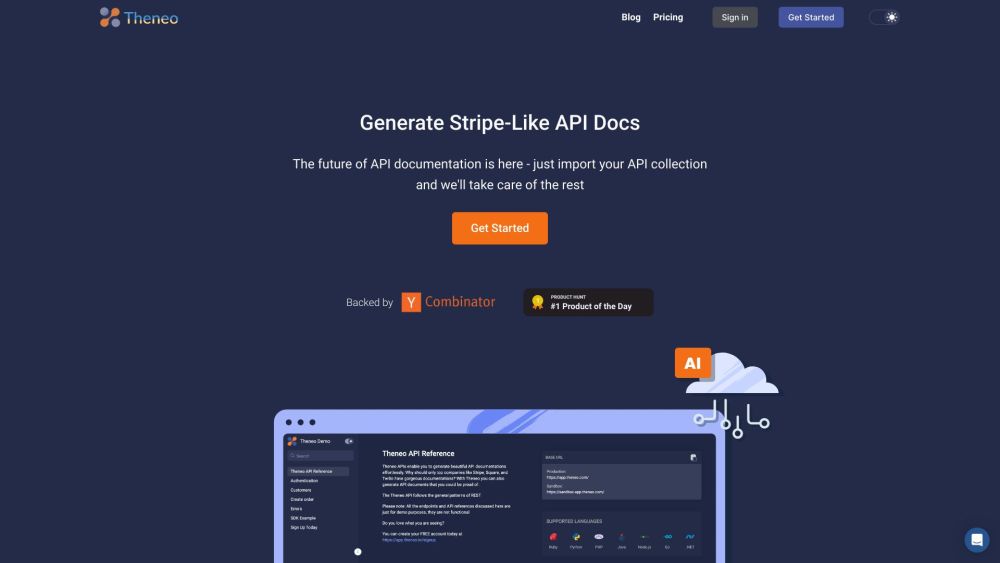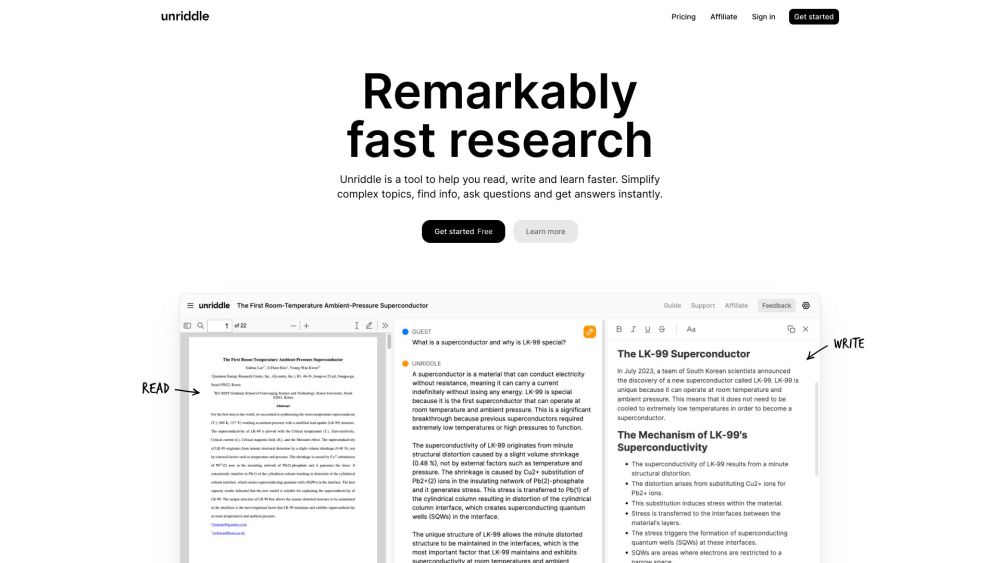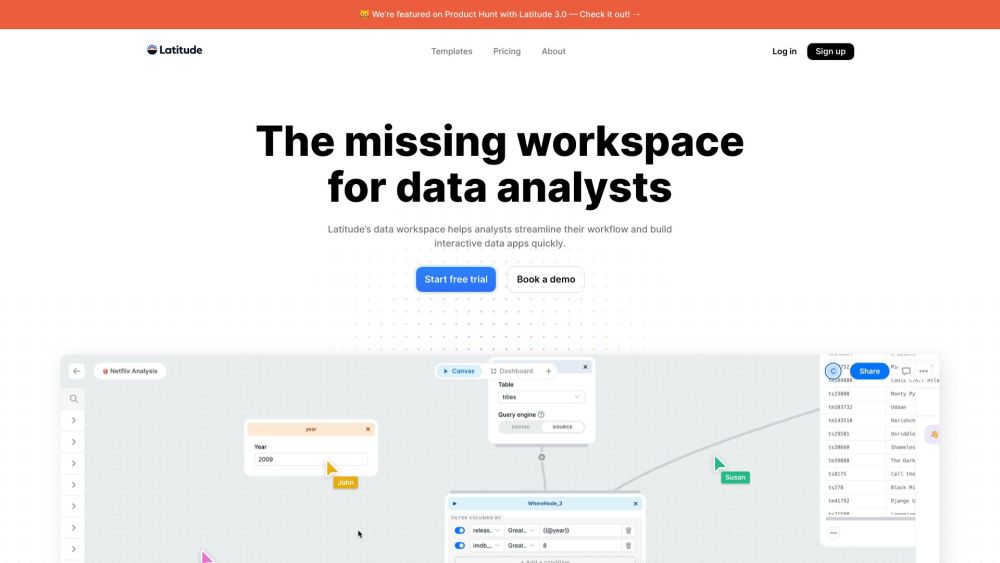Biotech and AI Startup Cradle Secures $24 Million to Revolutionize Protein Design
Cradle, an innovative biotechnology and AI startup, is making waves in the protein design sector with its generative approach, attracting significant customers and securing a robust $24 million in fresh funding.
The company emerged from stealth mode just over a year ago, coinciding with the rising excitement surrounding large language models. While many AI-focused biotech firms train models to comprehend molecular structures, Cradle discovered that the intricate sequences of amino acids that form proteins can be likened to "an alien programming language."
Human beings may struggle to learn this complex language, but AI can master it—allowing professionals to engage meaningfully with this technology. Instead of simply instructing the system to "create a specific protein," users can inquire about which among 100 protein candidates is most likely to remain stable in varied conditions, such as room temperature or acidic environments.
This innovative approach has garnered the attention of major pharmaceutical companies like Johnson & Johnson and Novozymes. Typically, the process of designing a functional protein from scratch is time-consuming, often taking years and requiring hundreds, sometimes thousands, of laboratory experiments. Cradle claims its technology can dramatically reduce both the timeframe and the number of experiments needed. Although they did not provide definitive proof that their method halved development times, they shared a noteworthy case study highlighting their in-house development.
Using their platform, Cradle successfully generated modified versions of T7 RNA polymerase, an essential enzyme for RNA production, aimed at increasing thermal resistance. Traditionally, research teams expect about 5% of modified molecules to meet their goals. Remarkably, 70% of the variants produced by Cradle exhibited enhanced stability, which is comparable to achieving results from multiple experimental cycles in one effort.
Empowering Protein Developers with Generative AI
In addition to T7, Cradle is actively developing several projects, including "a dehalogenase for soil decontamination, a growth factor for cell division in cultured meat, a transaminase that aids in understanding metabolic pathways and diseases, and an antibody therapeutic," as detailed by Cradle CEO and co-founder Stef van Grieken in an email. "Our models have shown significant improvement compared to traditional protein engineering methods using existing tools."
These substantial improvements, alongside even minor enhancements, are critically important to companies investing heavily in drug development. However, it’s essential to recognize that the journey from generating promising molecules to successful drug development involves multiple stages.
“We’ve successfully demonstrated our platform's potential to accelerate R&D and assist our partners in bringing bio-based products to market more rapidly and cost-effectively,” noted van Grieken. “As we and our partners complete several rounds of experimentation, we see our models performing exceptionally across various proteins and tasks, which is genuinely thrilling.”
Cradle’s technology extends beyond pharmaceuticals; it also holds promise for food and industrial applications. One of its key advantages is that it does not require a machine learning engineer to operate, empowering scientists and lab technicians to leverage the platform directly.
When asked about establishing a biotech company in Europe, especially considering that many team members have backgrounds in prominent Silicon Valley firms, van Griezen shared his insights. “Building a deep-tech venture in the EU comes with challenges, particularly with fundraising. In the US, there’s a larger pool of modern ‘tech-bio’ investors keen on companies like Cradle, along with a robust network of like-minded entrepreneurs in the Bay Area.”
"Nevertheless, Europe has untapped talent. For instance, Zurich hosts all major tech companies (Apple, Google, Facebook) and boasts a plethora of engineers. The exceptional talent coming from ETH and EPFL positions Europe favorably; these are among the world’s leading institutions for computer science and molecular biology. Competition for talent is also less fierce than in the Bay Area. Additionally, many top pharmaceutical and biotech companies are based in Europe, putting us in close proximity to our customers, contributing to the rapidly growing European ecosystem."
Cradle's recent $24 million Series A funding follows its earlier $5.5 million seed round, with Index Ventures leading the investment and Kindred Capital participating, along with individual investors like Chris Gibson and Tom Glocer. The company plans to utilize the new capital to expand its team and sales operations.




